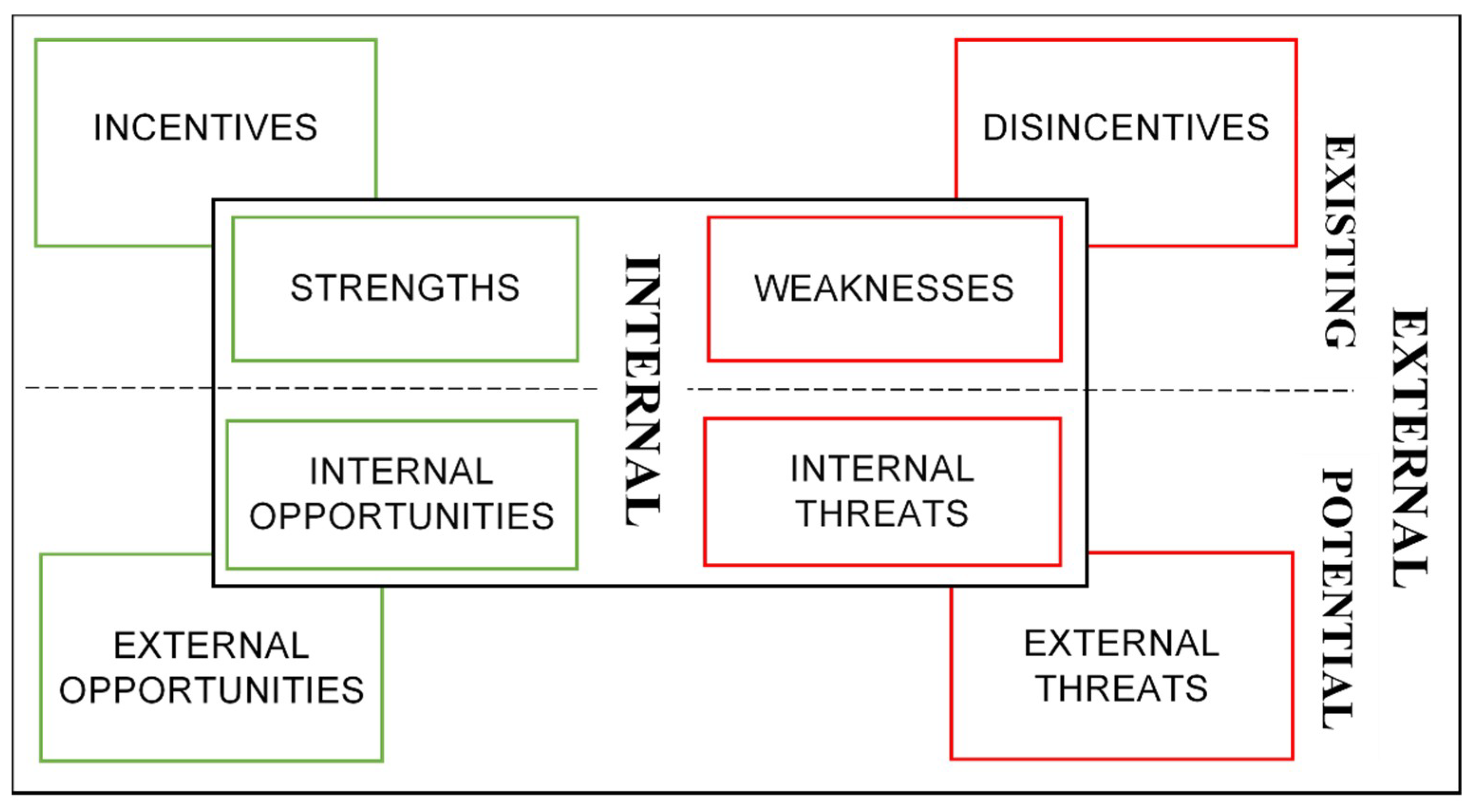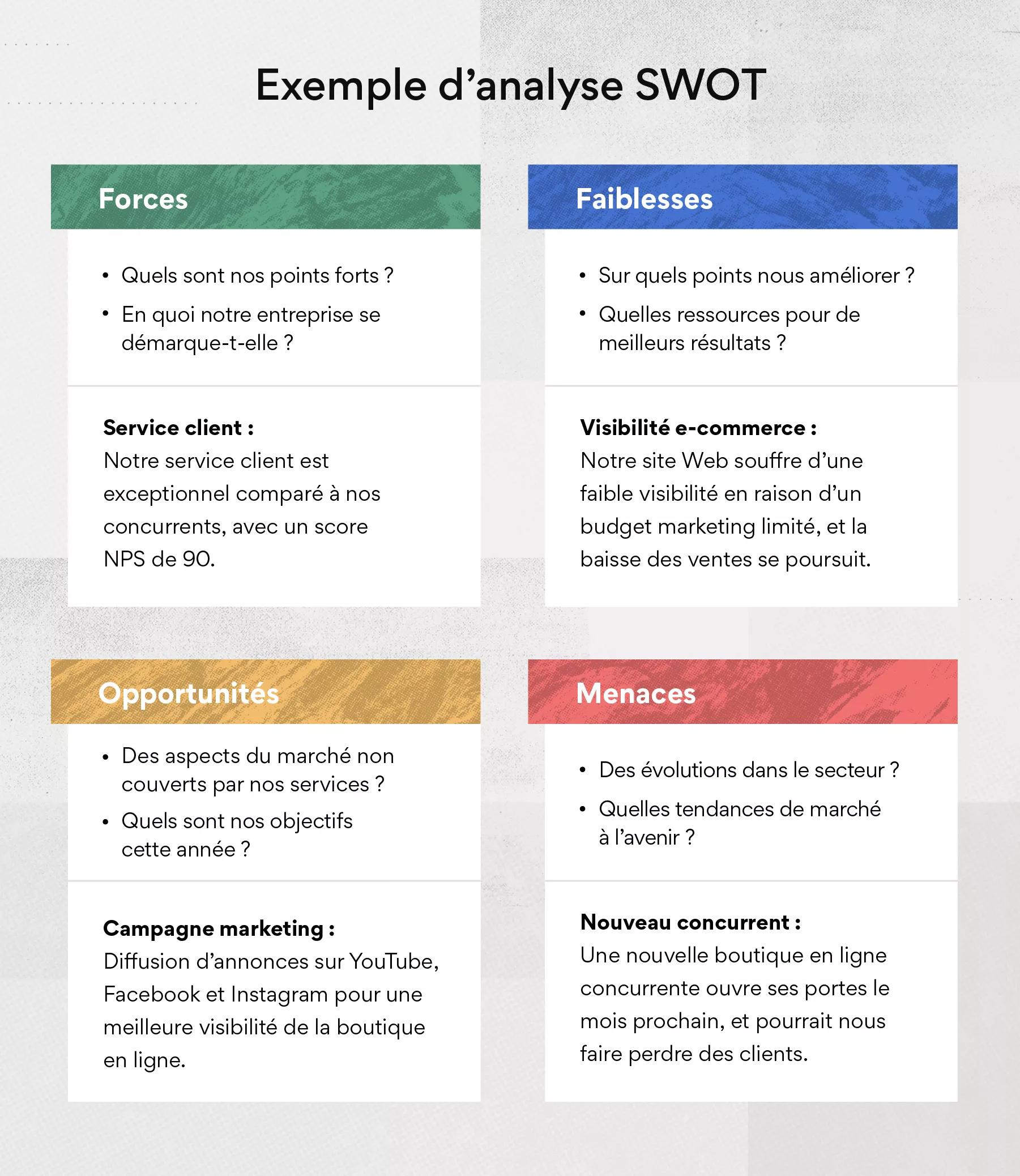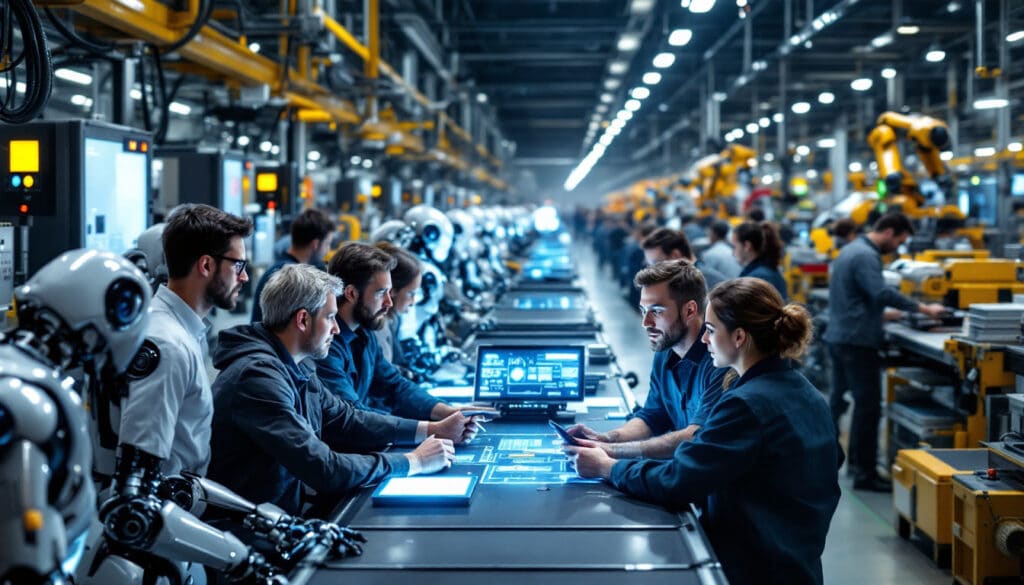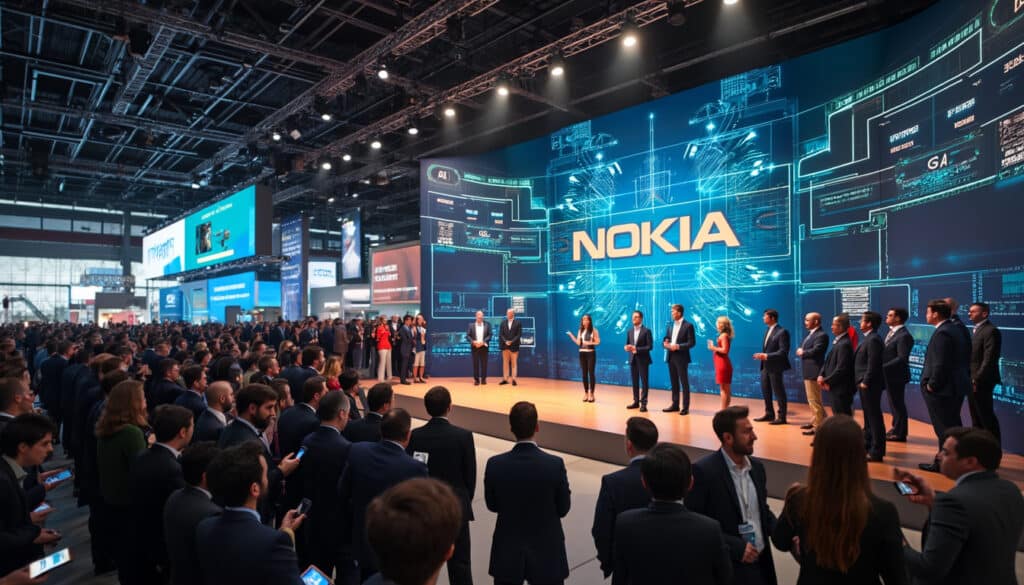The exploration of the fields of artificial intelligence (AI) in industry 4.0 proves essential for understanding current technological advancements. Players like Fujitsu, with its innovative offerings such as Fujitsu Uvance and Fujitsu Kozuchi, are pushing the boundaries of generative AI. This technology promises to reach a market of $100 billion by 2028, showcasing solutions like Private GPT. It aims to address labor shortages through automation and effective adaptations.

In this article, we will explore the various facets of generative AI in the context of Industry 4.0, relying on the expertise of the tech giant Fujitsu. We will examine the strengths, weaknesses, opportunities, and threats of this technology and detail how Fujitsu, with its innovative offerings such as Fujitsu Uvance and Fujitsu Kozuchi, positions itself in this rapidly expanding market.
Table des matières
ToggleStrengths of generative AI in industry 4.0
Process automation: One of the main strengths of generative AI is its ability to automate complex processes. Through in-depth data analysis and machine learning capabilities, this technology optimizes production lines, thus ensuring increased performance and reduced operational costs.
Adaptability and personalization: Generative AI excels in tailoring solutions to specific needs. Whether for supply chain management or optimizing logistics flows, it offers customized solutions that meet the precise requirements of each industrial enterprise.
Weaknesses of generative AI in industry 4.0
Integration complexity: While generative AI is promising, its integration into existing industrial systems can be complex. Companies may face challenges during implementation, particularly when it comes to training employees and restructuring operational processes.
Data dependency: The effectiveness of generative AI heavily relies on the quality of available data. Insufficient or poor-quality data collection can limit AI performance and affect outcomes.
Opportunities for generative AI in industry 4.0
Growth of the AI market: Studies project exponential growth in the generative AI market, reaching $100 billion by 2028. This expansion presents a massive opportunity for companies like Fujitsu to establish themselves as industry leaders.
Improvement of the workforce: Generative AI can address labor shortage issues by automating repetitive and time-consuming tasks. This allows employees to focus on higher value-added activities.
Innovations from Fujitsu: Fujitsu continues its innovations, particularly with Fujitsu Uvance and Fujitsu Kozuchi. These dedicated platforms facilitate the acceleration of testing and deployment of AI solutions, thus simplifying their integration into industry.
Threats to generative AI in industry 4.0
Risk of cyberattacks: The increased integration of AI and IoT in industrial systems exposes them to cyberattack risks. Data and infrastructure security becomes a crucial issue for companies.
Job displacement: The automation driven by generative AI may lead to job losses, raising concerns and resistance within the workforce. It is essential to manage this transition responsibly to minimize social impacts.
Fujitsu and generative AI: Towards a promising future
Fujitsu Uvance and Fujitsu Kozuchi: Two flagship platforms
Fujitsu Uvance and Fujitsu Kozuchi are two flagship initiatives developed by Fujitsu to support the expansion of generative AI in industry. Uvance offers comprehensive solutions for businesses, while Kozuchi specializes in accelerating testing and deployment of AI.
Diverse industrial applications
The applications of generative AI developed by Fujitsu span a wide range of industrial sectors. Whether it’s production management, supply chain optimization, or predictive maintenance, Fujitsu stands out for its ability to provide solutions tailored to the specific needs of each company.
Towards a smarter industry
By integrating generative AI into Industry 4.0, Fujitsu contributes to transforming industrial environments into smarter and more efficient spaces. Process optimization and improvement of operational performance are at the heart of this revolution, promising significant gains for companies that adopt these technologies.
SWOT analysis of generative AI in Industry 4.0 by Fujitsu
Strengths
- Continuous innovation with Fujitsu Uvance
- Acceleration of testing and deployments via Fujitsu Kozuchi
- Ability to offer alternatives to labor shortages
Weaknesses
- Dependence on quality data to ensure performance
- Implementation complexity in traditional industries
- Potential threats to certain traditional jobs
Opportunities
- Generative AI market estimated at $100 billion by 2028
- Shifts towards advanced automation solutions
- Improvements in production line performance
Threats
- Potential risks related to data security
- Employee reactions to replacement by automation
- Increased competition in the AI market
IA générative : le jeu en vaut-il la chandelle ?
— Benoit Raphael (@benoitraphael) July 11, 2024
Que vous soyez sceptique, refractaire ou enthousiaste, je vous invite à consulter le dernier rapport de Goldman Sachs sur l'avenir de l'IA générative (https://t.co/F8PcGMoUyZ).
Prudent, le rapport oppose plusieurs prédictions…





